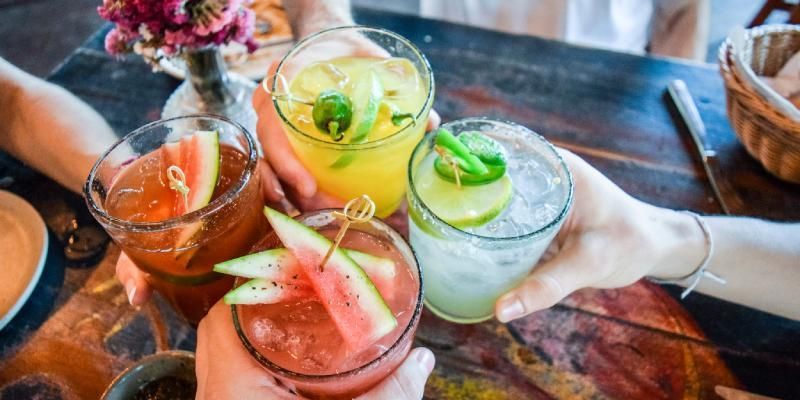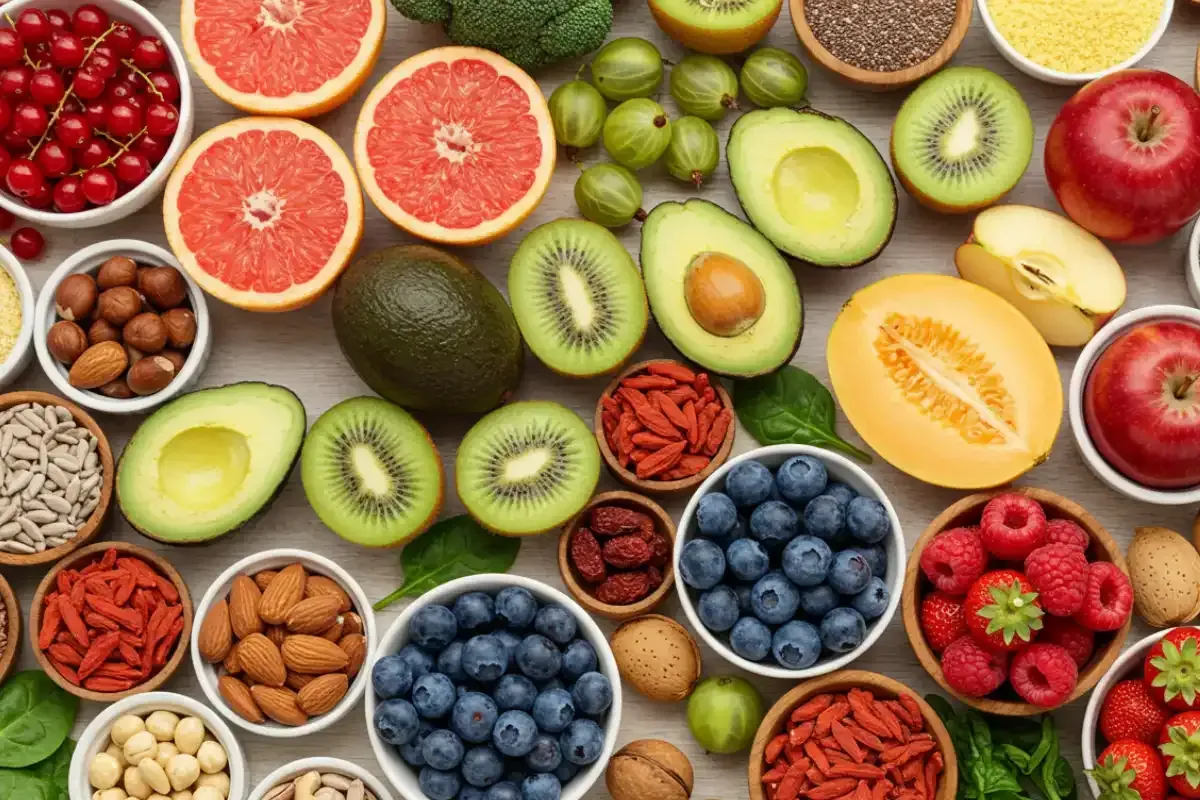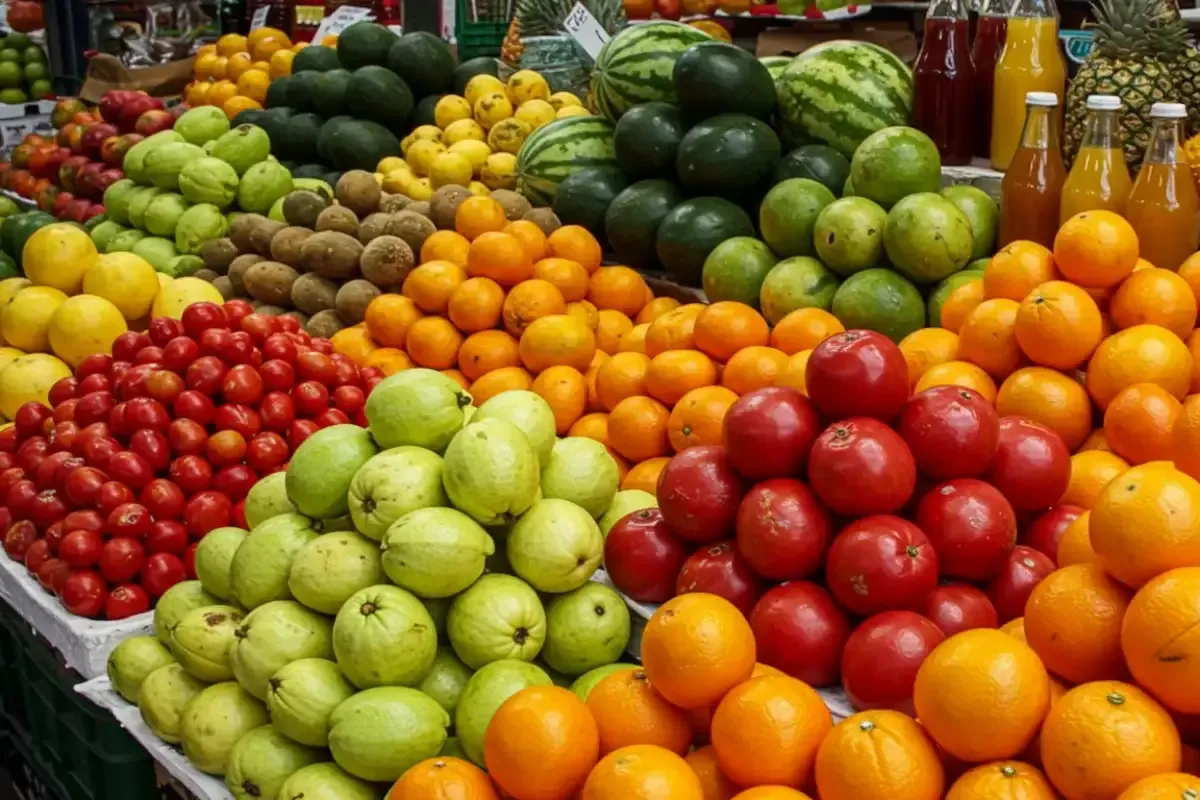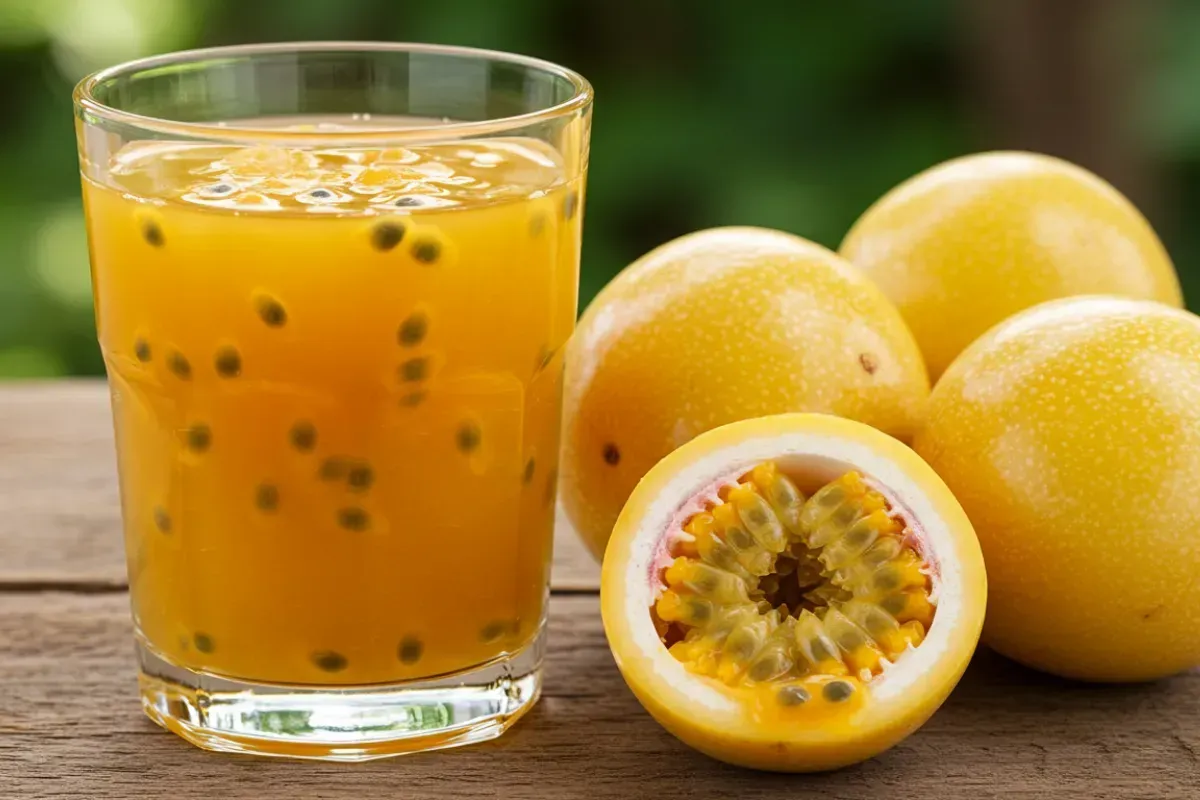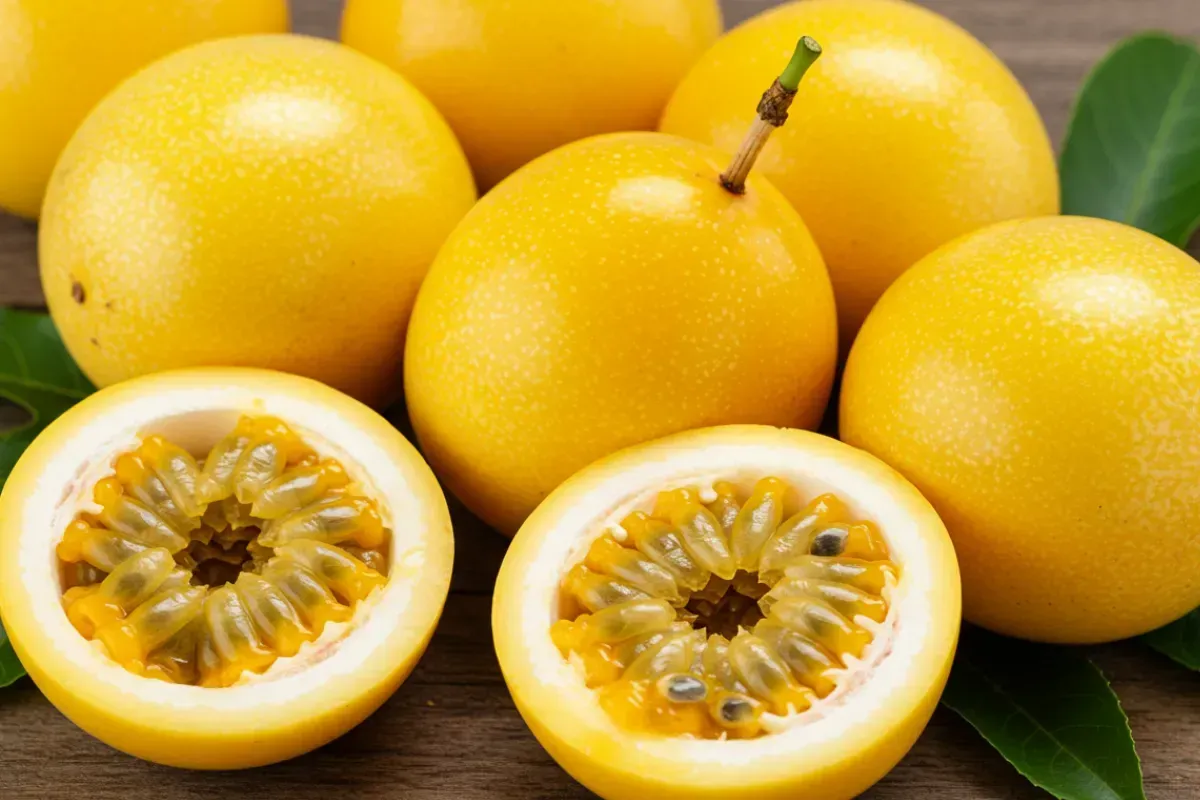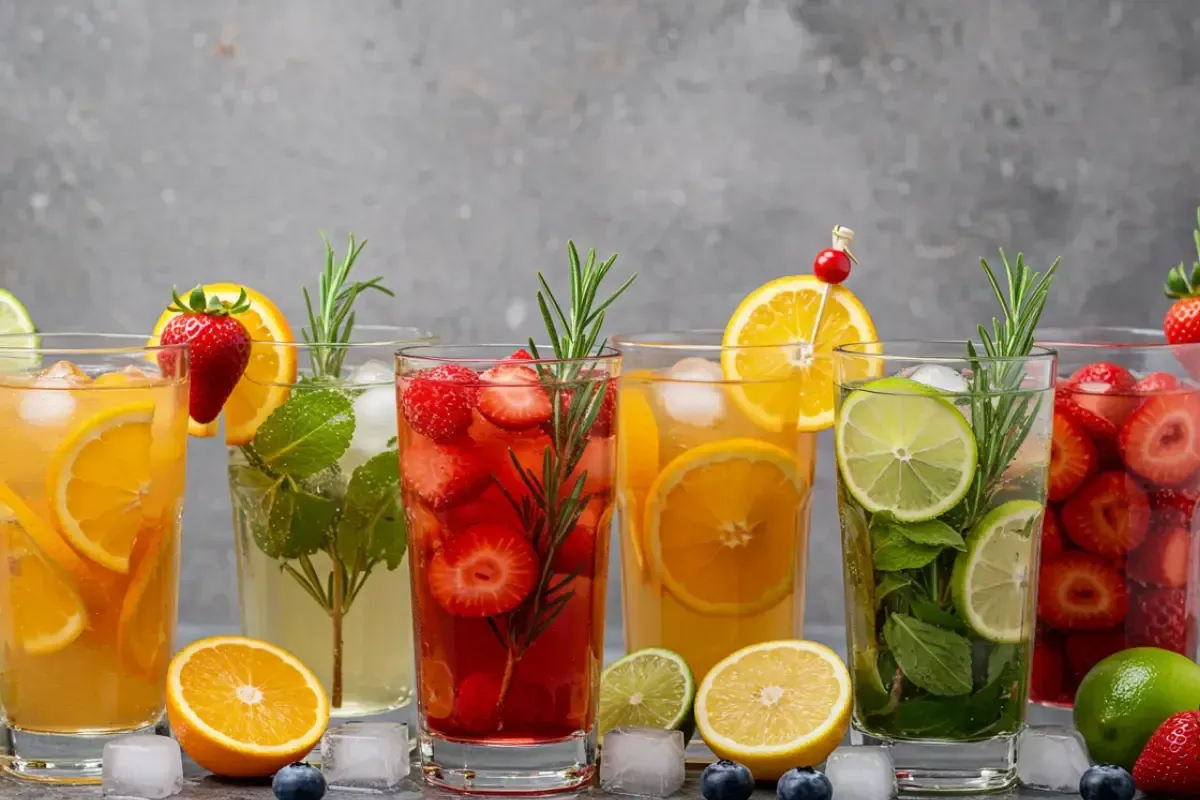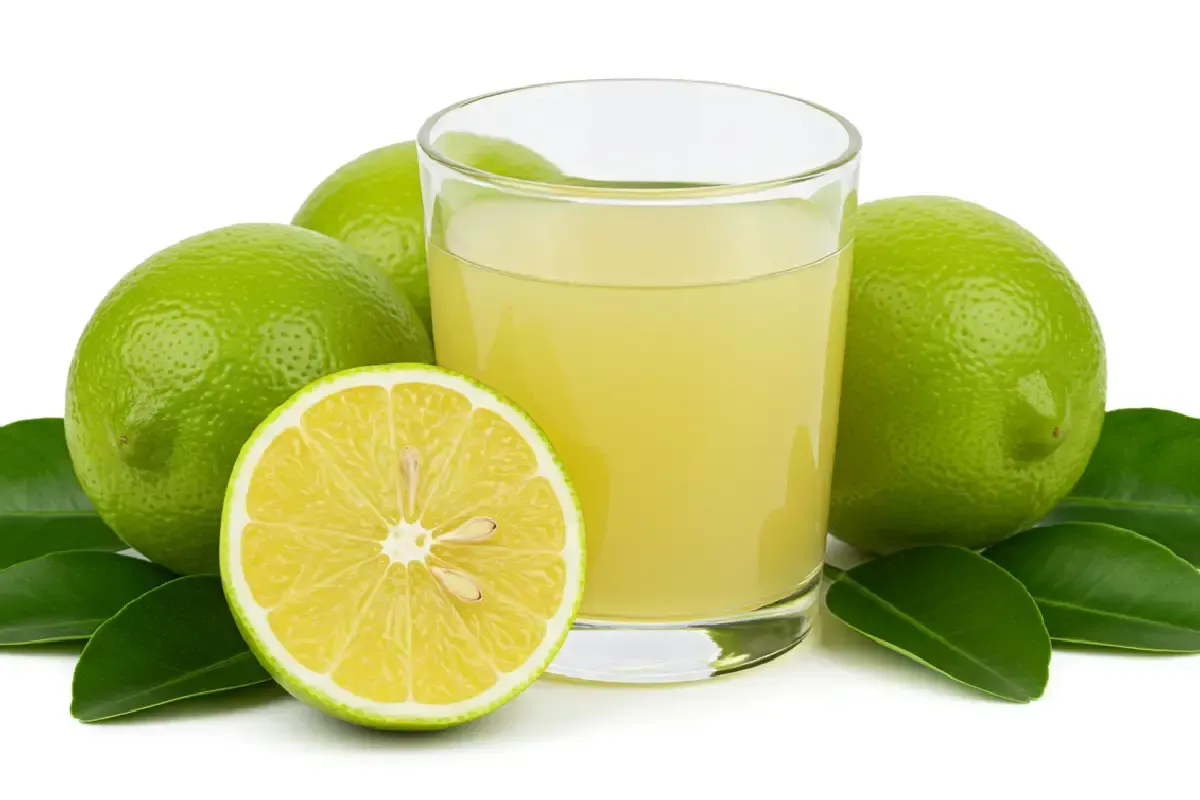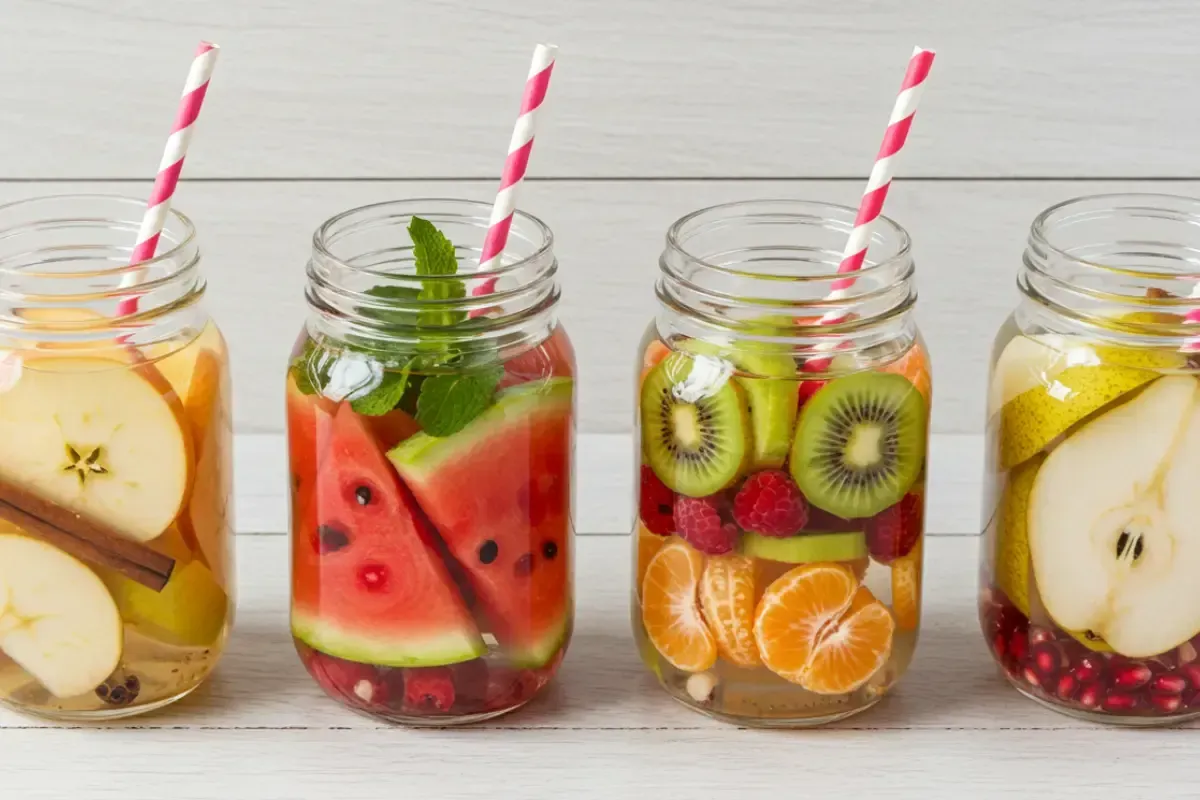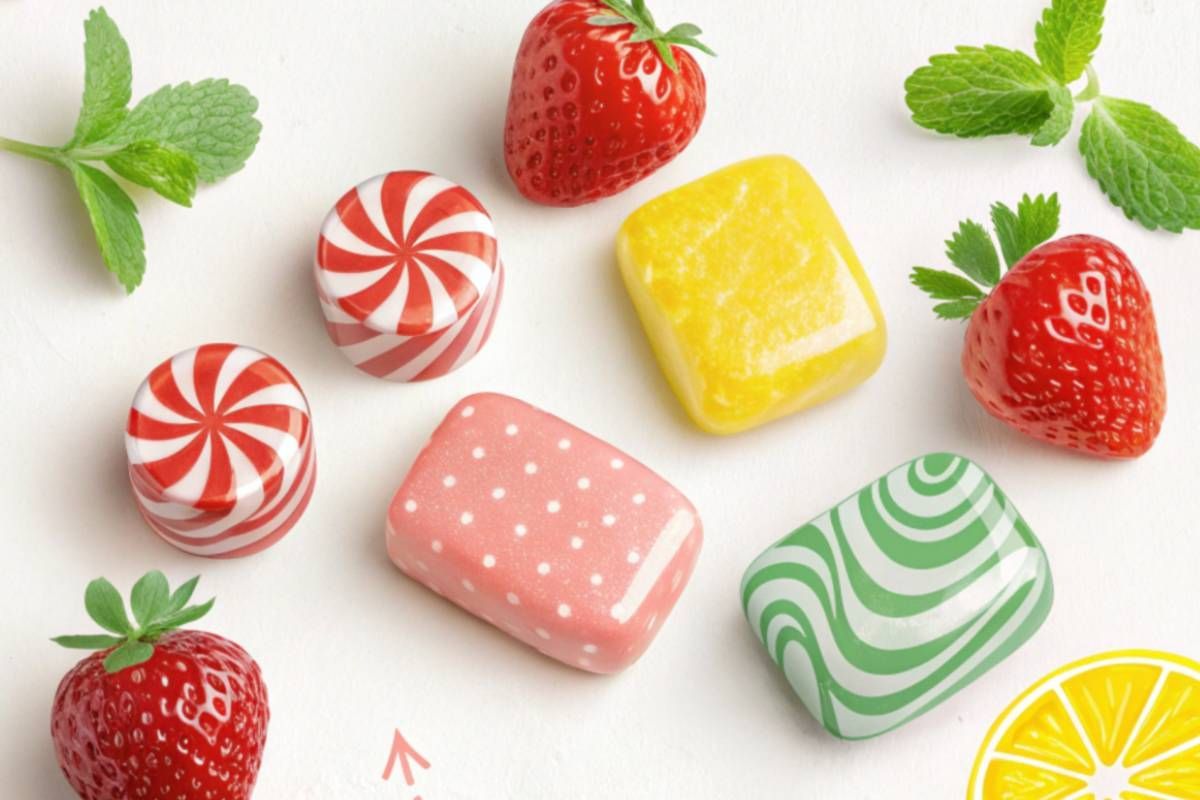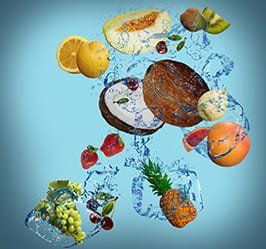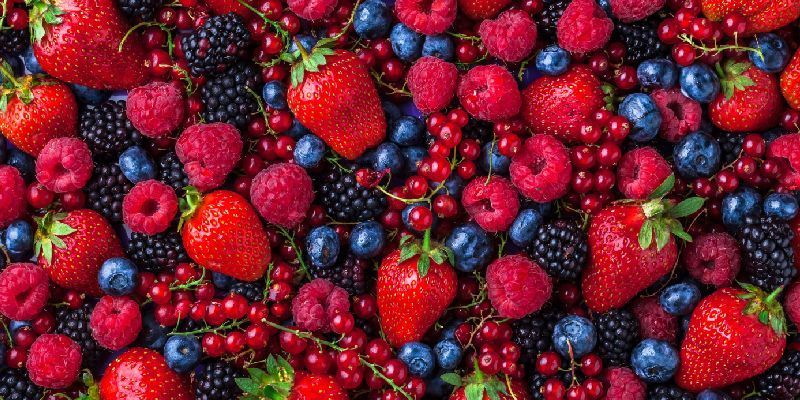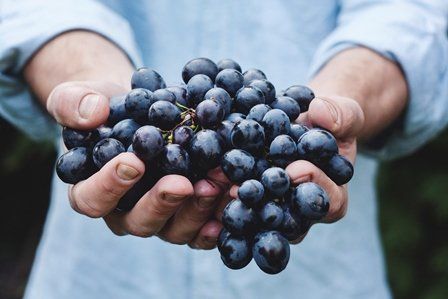Tropical drinks: their appeal and performance in the industry
Tropical drinks have made a significant impact on the beverage industry. They captivate consumers with their distinctive flavors, nutritional value, and overall allure (The Food Tech, 2021). Keep reading to find out all there is to know about these products and their performance in the market.
Tropical drinks 101
Let's begin with the essentials. Which products are we referring to? Well, the tropical flavor trend has trickled down into many different segments of the beverage industry. Nowadays, consumers can enjoy the delicious, refreshing taste in products across the non-alcoholic and alcoholic beverages categories (360iResearch, 2025; Global Industry Analysts, 2025; The Business Research Company, 2025):
- Non-alcoholic drinks include many types of soft drinks, such as fruit juice, nectars, carbonated drinks, and flavored water. Other non-alcoholic tropical drinks are premium and specialty products, like infused teas, sports drinks, and functional beverages. Lastly, other fruit drinks like smoothies frequently use tropical flavors.
- Alcoholic drinks featuring flavors from tropical destinations include spirits, ready-to-drink cocktails and mocktails, hard seltzers, and even beer.
Tropical drinks usually use a variety of fruits that grow in the planet’s tropical regions. Some prominent examples include pineapple, mango, passion fruit, watermelon, and coconut. Furthermore, many manufacturers have introduced more exotic flavors into their range to answer rising consumer interest. This is the case for fruits like dragon fruit, yuzu, starfruit, and tamarind (The Food Tech, 2021; T. Hasegawa, 2023).
Moreover, producers create interesting, appealing tropical flavor profiles for their beverages with more than just fruit. Experts predict a rise in combinations of fruit, herbs and spices. Accordingly, international flavors that may come up in tropical drinks in upcoming years include turmeric, star anise, and even coriander (Sabetta,2025). Overall, the heat or acidic touch of these and other ingredients tends to balance out the sweetness of tropical flavors (Alverson, 2025).
Finally, let’s not forget that tropical flavors offer a complete sensory experience. They are naturally sweet, and colorful, and evoke their places of origin (Alverson, 2025).
The allure of tropical flavors
Industry players point out that some exotic and tropical fruits are used more consistently than others in beverages. Some examples include (Alverson, 2025):
- Coconut water, for its content of vitamins, minerals, and electrolytes.
- Passion fruit, for its refreshing taste, aroma, and bright color.
- Mango, for its familiar taste and easy pairing with other fruits.
- Açaí, popular among super fruits, for its notable antioxidant content.
- Dragon fruit, for its vibrant color and flavor.
These and other tropical fruits bring different benefits to drink formulations (Alverson, 2025; Ballantyne, s.f.):
- Unique flavors to stand out in the market.
- High nutritional value, with a notable content of vitamins, minerals, and antioxidants. Overall, they help fight oxidative stress, lower blood lipids, strengthen the immune system, and aid digestion, among others.
- Reduced additives, as a result of their natural color, flavor, and sweetness.
- Potential for interesting storytelling regarding their origin and how they can add to sustainability efforts for producers.
Major trends driving the performance of tropical drinks
Now that we know more about tropical fruits and beverages, we can explore their market performance. For years now, these products have risen due to different consumer trends. Let's look.
An interest in health
Consumers are growing more and more health-oriented. Notably, they have become more mindful of food's nutritional content and benefits, so they seek functional drinks. Immune-boosting products are at the head of the pack, because of health concerns from pandemic times. Similarly, consumers are more aware of their sugar intake and the difference between added and natural sugar. Tropical drinks are well-positioned in this trend due to their nutritional value (Alverson, 2025).
Escapism and nature’s value
Furthermore, consumers are favoring all-natural ingredients in their food products and avoiding additives and artificial components. Tropical beverages can leverage this trend. Additionally, their exotic flavors cater to an interest in extraordinary sensations that transport consumers elsewhere. What is more, the market also shows that people gravitate towards international flavors when experimenting with new tastes (T. Hasegawa, 2022; 2023; 2024).
Innovation: the key to growth
As mentioned, tropical beverages are well-positioned in the market. However, there is still room for innovation to push their performance even further. Next, you can find some practices that can potentially boost them among consumers.
Combinations in tropical drinks
Certainly, experts find that mixing exotic and familiar flavors helps to attract customers to these products. For instance, dragon fruit and coconut, passion fruit and peach, and yuzu and pineapple. Experience shows that adventurous flavors can be introduced to consumers hand in hand with beloved, trusted flavors. Some of the leading recognizable flavors in beverages include lime, lemon, orange, and berry (Alverson, 2025).
Simple, sustainable packaging
In general, consumers of fruit soft drinks prefer bottles, cans, and Tetra packs. Furthermore, experts find that simplicity seems to reign in terms of design, along with clear, forward information about the product. Moreover, implementing eco-friendly packaging is a prominent way to innovate and enhance market appeal (360iResearch, 2025; Sabetta, 2023).
Variety
Lastly, a third practice that could lead to better market performance is variety. New flavors should stay at the forefront of marketing campaigns to harness consumers' attention. In the same line, variety packs and mystery flavors are sound bets to keep consumers engaged. In addition, some companies are pushing the envelope with customizable components in their beverages. This is the case for flavor cartridges (Sabetta, 2025).
You can dive into the exciting horizon of tropical drinks using top-quality ingredients from Alimentos SAS. We use top-of-the-line infrastructure and premier raw materials to create our fruit pulps. Furthermore, we offer different presentations to fit manufacturers’ needs: frozen fruit pulp and extended shelf life fruit pulp.
Bibliographic references
- 360iResearch. (2025). Fruit Flavored Soft-Drinks Market by Product Type (Diet/Low-Calorie, Regular), Flavor Type (Berry, Citrus, Exotic), Sugar Content, Packaging Type, Category, Distribution Channel: - Global Forecast 2025-2030. Research and Markets.
- Alverson, C. (2025). Beverage-makers turn to exotic fruits to satisfy consumers’ cravings. Beverage Industry.
- Ballantyne, S. (s.f.). Tropical and Subtropical Fruit. Nutrivore.
- Global Industry Analysts. (2025). Tropical Fruit Puree - Global Strategic Business Report. Research and Markets.
- Sabetta, L. (2023). Tropical flavors, tangy tastes to lead beverage development, Flavorman predicts. Beverage Industry.
- Sabetta, L. (2025). Flavorman releases its 2025 Beverage Trends predictions. Beverage Industry.
- The Business Research Company. (2025). Hard Seltzer Market Report 2025. Research and Markets.
- T. Hasegawa. (2022). Food and beverage trends report 2023.
- T. Hasegawa. (2023). Top flavor trends 2024.
- T. Hasegawa. (2024). Flavor trends 2025.
- The Food Tech. (2021). Tendencias en bebidas: sabores tropicales y salados los más destacados.

